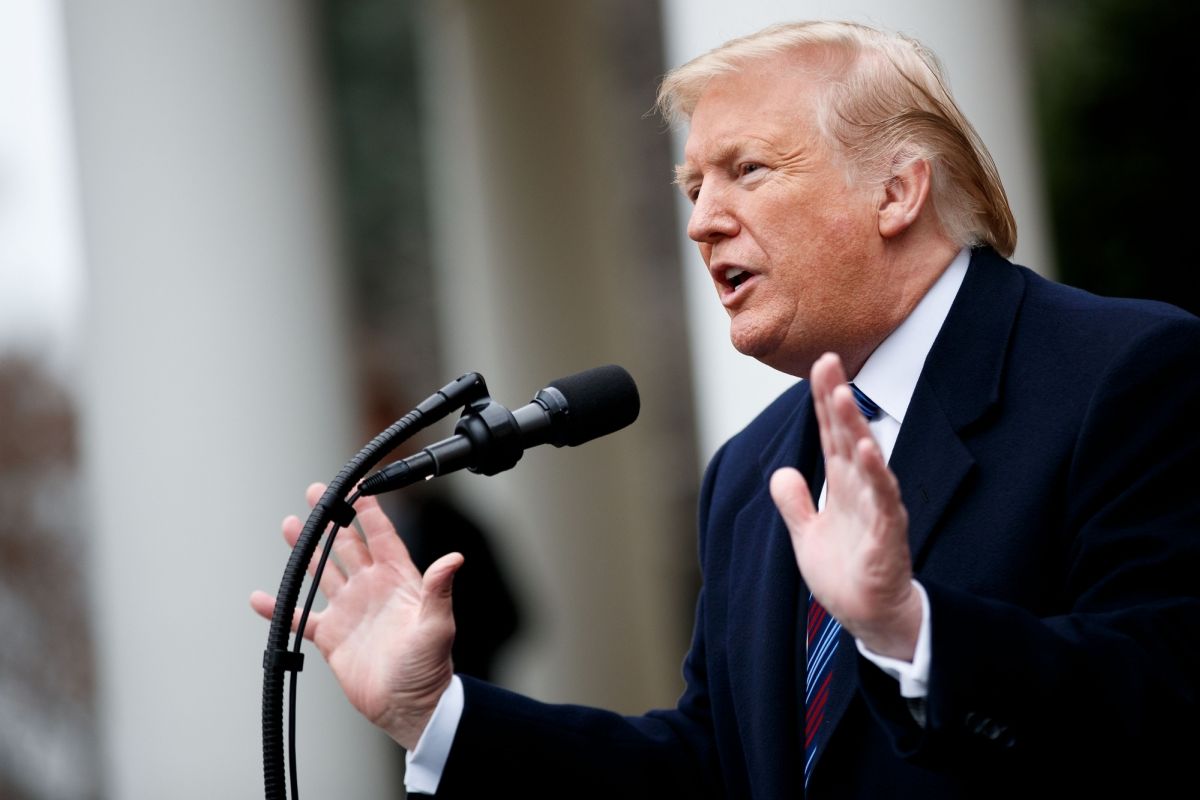In a much-needed respite to Huawei, US President Donald Trump on Saturday said US firms could start selling technology to the Chinese telecommunications equipment giant and its sub-brand HONOR as long as the sales did not involve equipment that threaten the national security.
According to the South China Morning Post, Trump, said the decision on whether to take Huawei off the Commerce Department’s entities list would be left to a later date, adding he will have a meeting on the same subject next week.
Advertisement
“We are leaving Huawei towards the end. We are seeing what goes with the trade agreement,” Trump said during a press conference in Osaka following the Group of 20 summit, suggesting that fully lifting the ban on Huawei would rest on a deal to end the trade war.
Speaking at a press conference, Trump reportedly said China and the US can be “strategic partners”.
Earlier, Trump and Chinese President Xi Jinping agreed to resume trade talks on the sidelines of the summit and put a hold on new American tariffs on Chinese goods.
Trump agreed with Jinping that the US will not implement new tariffs on $300 billion of Chinese imports “at least for the time being”.
Trump said China had agreed to buy a “tremendous” amount of US goods to reduce the trade imbalance. The US will give China a list of the goods it wants them to buy, according to the report.
On May 15, Trump had blacklisted Huawei with a national security order; the US had publicly asked its allies to steer clear of using Huawei products over concerns that the equipment could be used by the Chinese government to obtain private information.
Huawei responded by filing a motion in a US court challenging the constitutionality of the 2019 National Defense Authorization Act, 2019.
The Chinese tech giant also asked for an end to US’ state-sanctioned campaign against it, arguing that it would “not deliver cybersecurity”.











